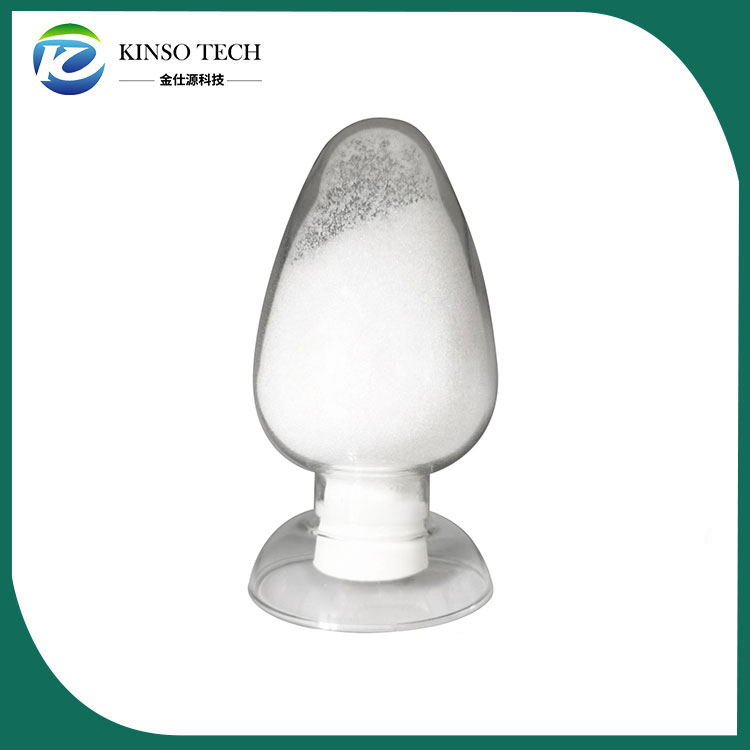How Do Quality Standards Impact the Effectiveness of Pharmaceutical Intermediates?
2025-07-10
In pharmaceutical manufacturing, consistency, safety, and efficacy are non-negotiable. At the heart of this precision-driven process lie pharmaceutical intermediates—the chemical compounds that serve as precursors to active pharmaceutical ingredients (APIs). While they are not present in the final drug product, the quality of pharmaceutical intermediates directly affects the success of drug development and manufacturing.
But how exactly do quality standards influence the effectiveness of these crucial building blocks? Let’s explore why maintaining strict standards is essential for pharmaceutical intermediates and what consequences arise when those standards are not met.

Understanding Pharmaceutical Intermediates
Pharmaceutical intermediates are substances formed at various stages of a chemical synthesis leading to an API. They are not therapeutically active on their own, but their properties—such as chemical purity, structural integrity, and reactivity—must meet strict specifications. Even minor deviations can compromise the quality of the final drug.
1. Ensuring the Purity of the Final Product
Impurities introduced during the production of intermediates can carry through to the API and, ultimately, the finished drug. These impurities may include residual solvents, unreacted materials, or by-products, any of which can affect drug safety or efficacy.
High-quality standards ensure that intermediates are produced using validated methods and undergo rigorous analytical testing to confirm that impurities are either eliminated or within acceptable limits. This prevents contamination and ensures the final product remains safe for human use.
2. Supporting Regulatory Compliance
Regulatory bodies such as the FDA (U.S. Food and Drug Administration) and EMA (European Medicines Agency) require pharmaceutical manufacturers to comply with Good Manufacturing Practices (GMP). These guidelines include stringent expectations for how intermediates are produced, handled, and tested.
By adhering to established quality standards—such as ICH Q7 for APIs and intermediates—manufacturers can ensure that intermediates meet the requirements for traceability, documentation, and reproducibility. Failing to meet these standards may lead to regulatory penalties, product recalls, or even rejection of drug applications.
3. Enhancing Process Consistency and Efficiency
Quality standards are not just about purity—they also ensure process consistency. Intermediates with predictable chemical behavior allow for smoother downstream processing, reducing variability in yield and performance. This consistency is essential for large-scale pharmaceutical manufacturing, where even slight variations can lead to costly production issues or delayed timelines.
Consistently high-quality intermediates support more efficient batch production, reduce the need for rework, and minimize the risk of unexpected failures during synthesis.
4. Reducing Risk of Adverse Effects
When impurities or inconsistencies in pharmaceutical intermediates go undetected, they can compromise the safety of the final drug product. In some cases, these contaminants might cause allergic reactions, toxicity, or diminished therapeutic effect.
Strict quality standards include protocols for impurity profiling, stability testing, and contamination control. These practices reduce the risk of introducing harmful substances into the final medication, protecting both the manufacturer and the patient.
5. Enabling Successful Scale-Up and Global Distribution
Pharmaceutical intermediates that meet international quality standards are easier to scale for mass production and more likely to be accepted across different regulatory jurisdictions. This is particularly important for companies that aim to market their drugs globally.
A consistent quality framework ensures that intermediates behave the same way across batches and sites, reducing the risk of variations that could impact global supply chains or market approvals.
The effectiveness of pharmaceutical intermediates is deeply linked to the quality standards that govern their production and control. From purity and consistency to compliance and patient safety, every aspect of drug development relies on these standards being upheld.
In an industry where the stakes are high and the margin for error is low, investing in high-quality intermediates is not just good practice—it’s essential. Pharmaceutical companies that prioritize strict quality control gain not only regulatory confidence but also the trust of healthcare professionals and patients around the world.


